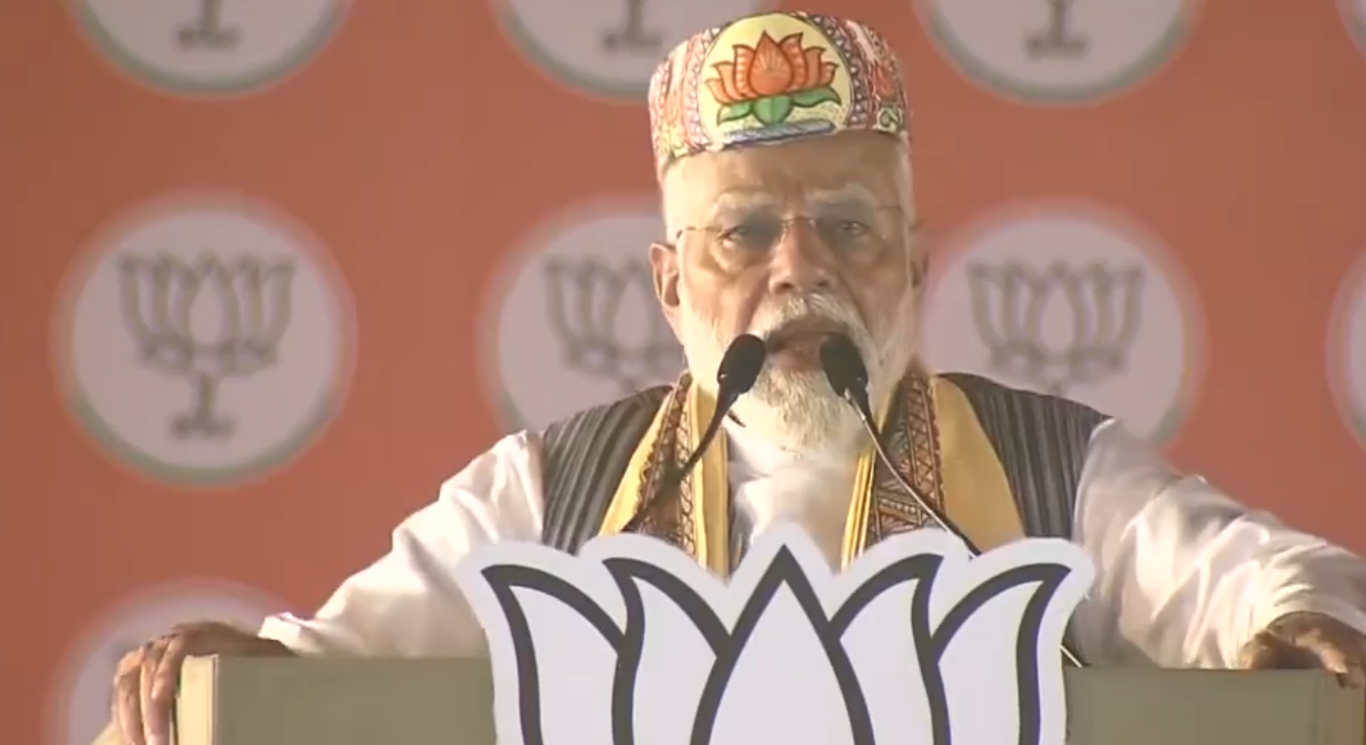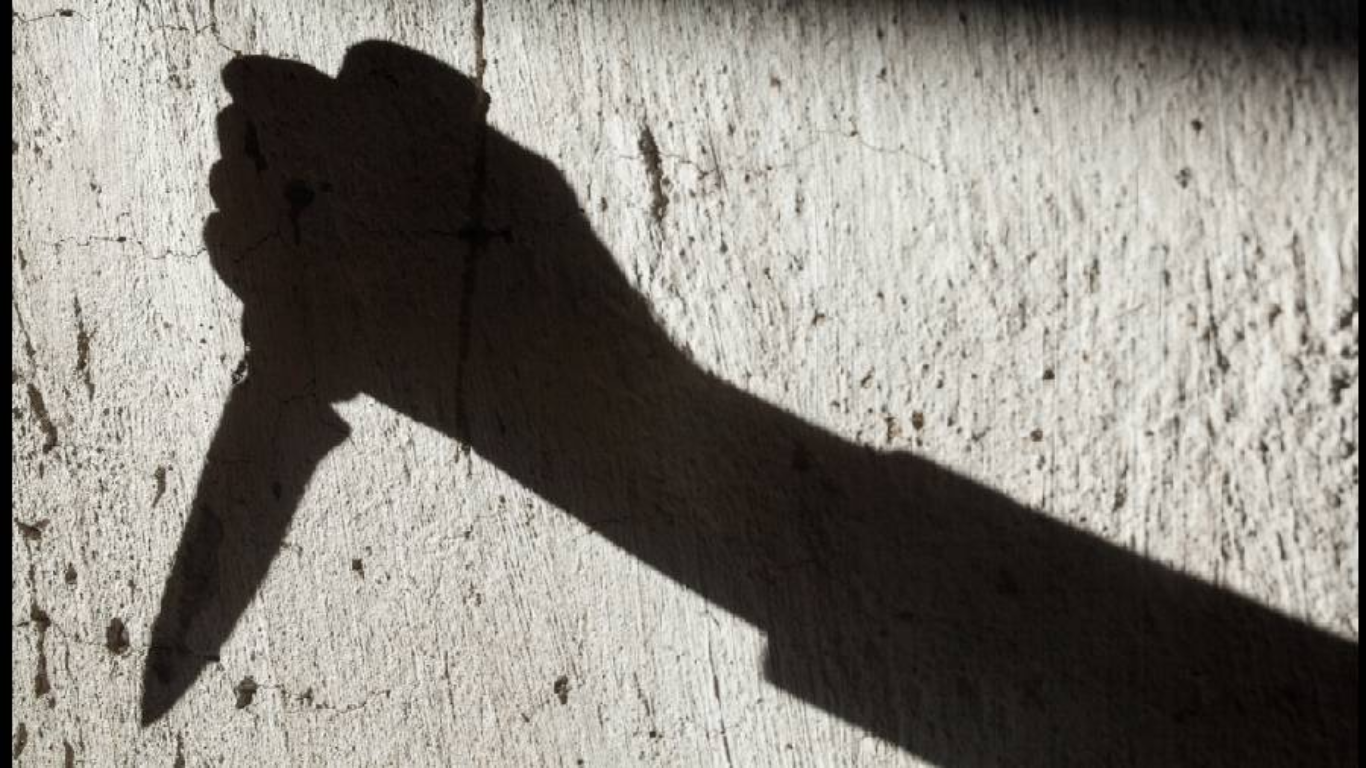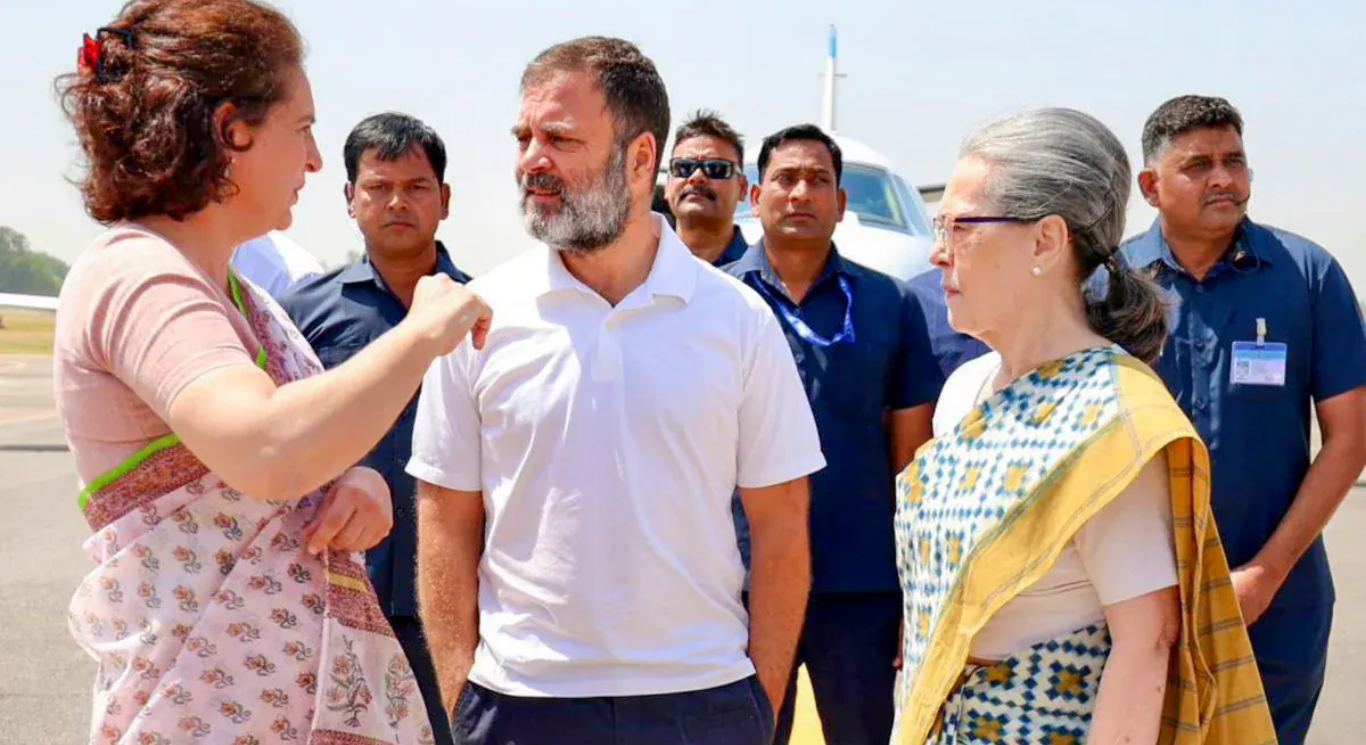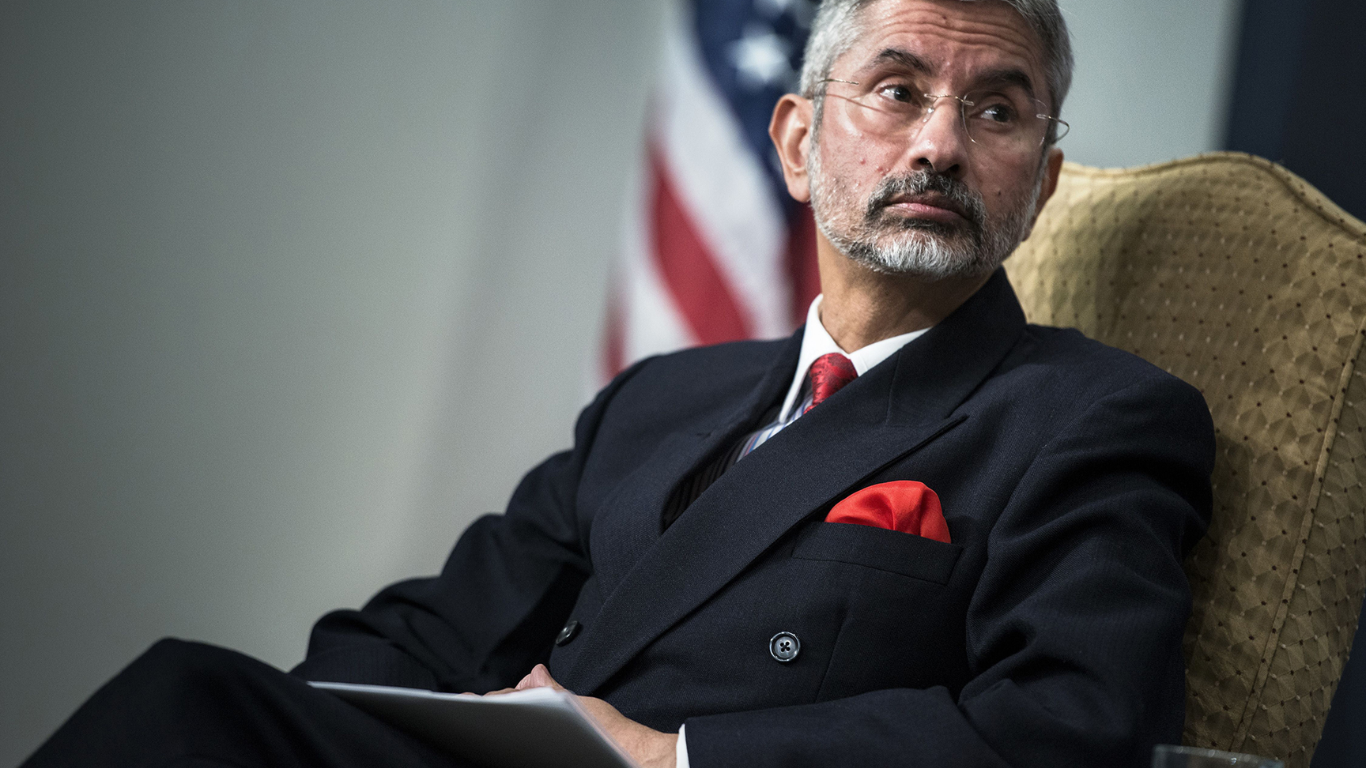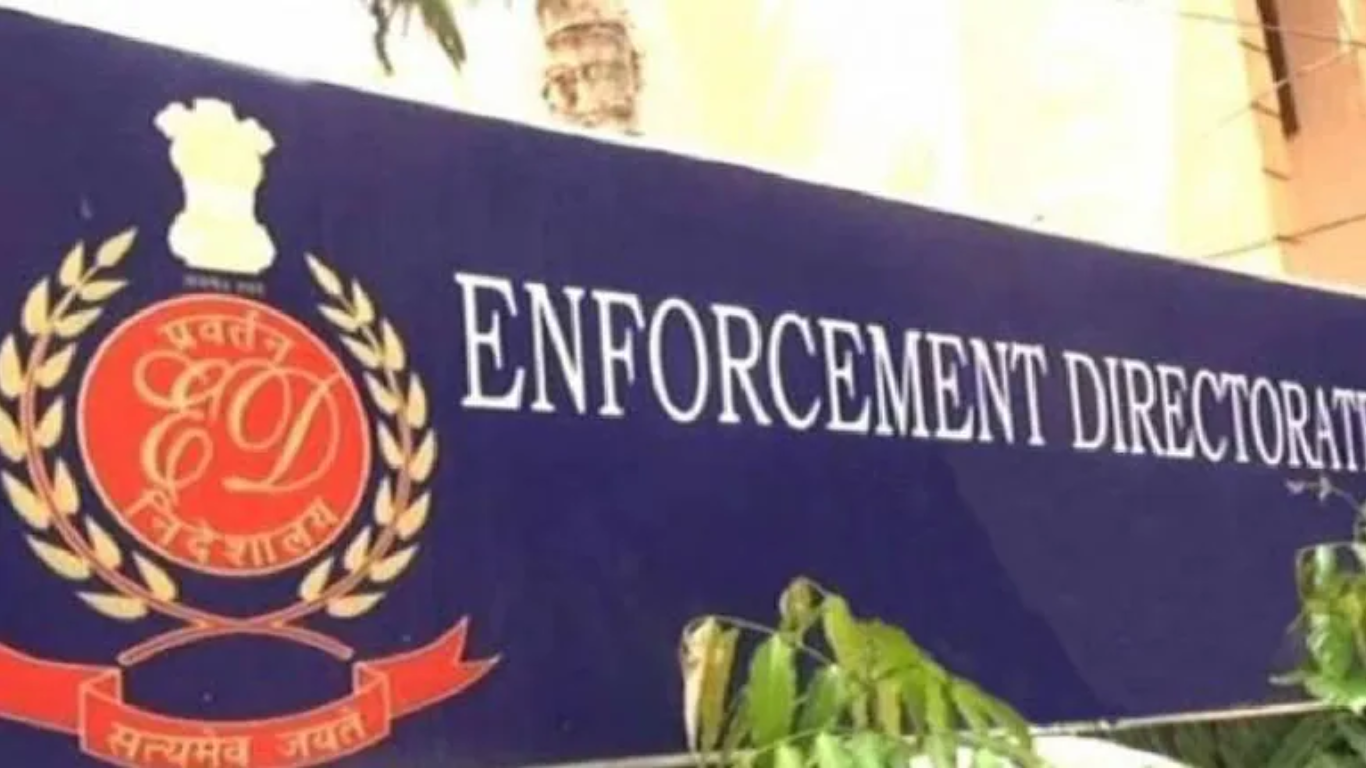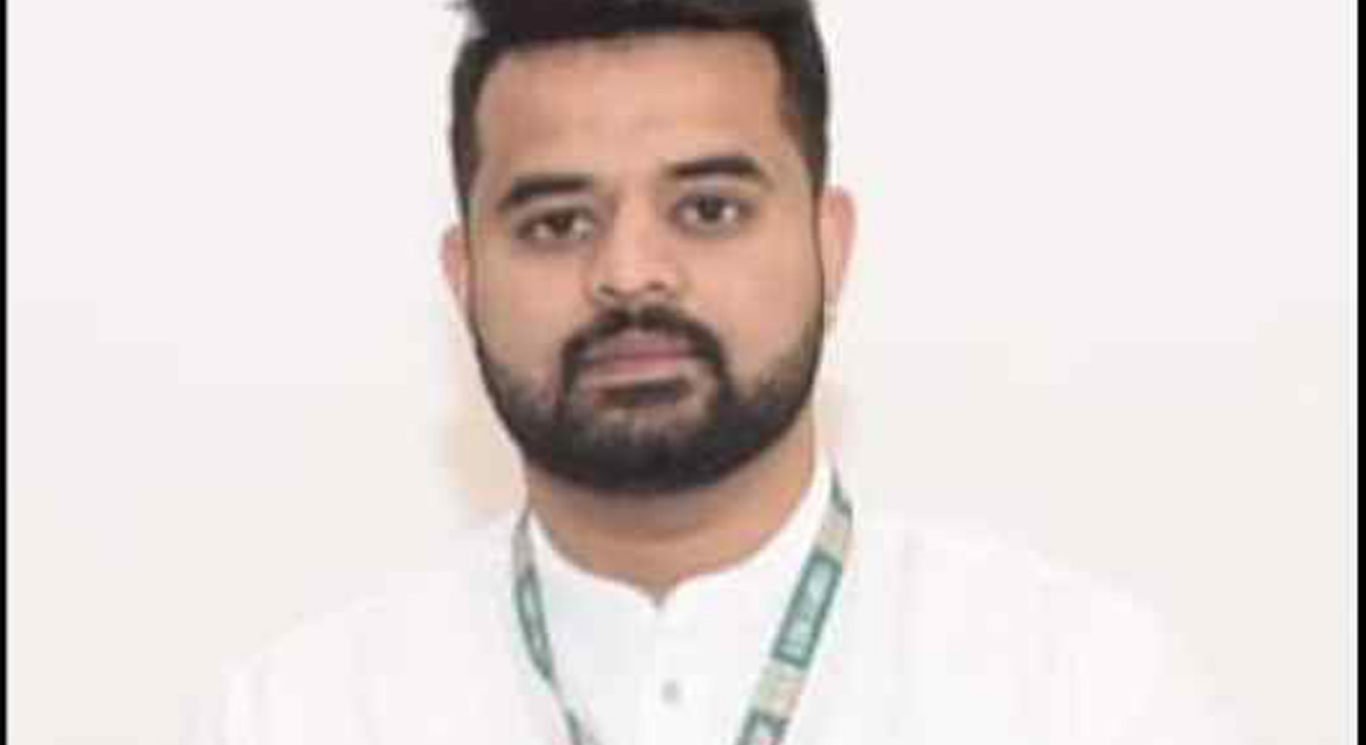


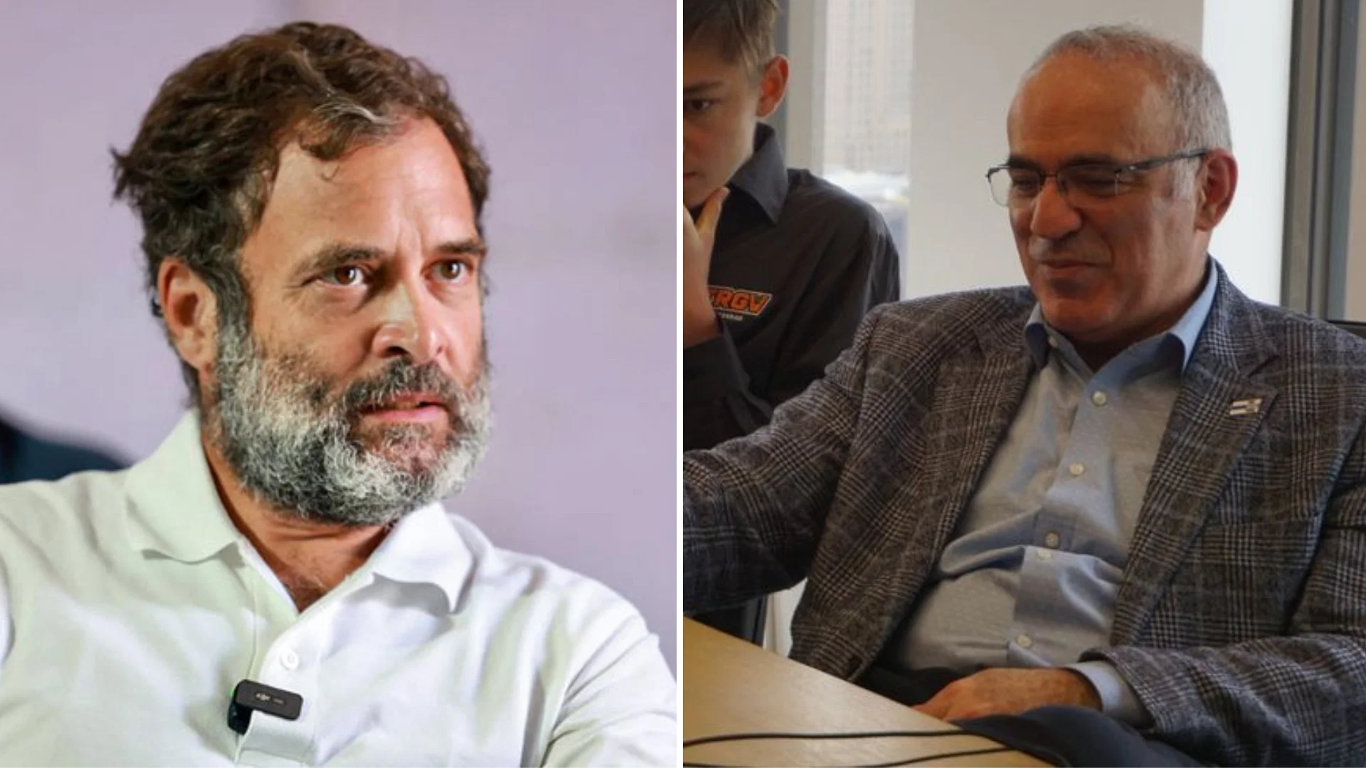
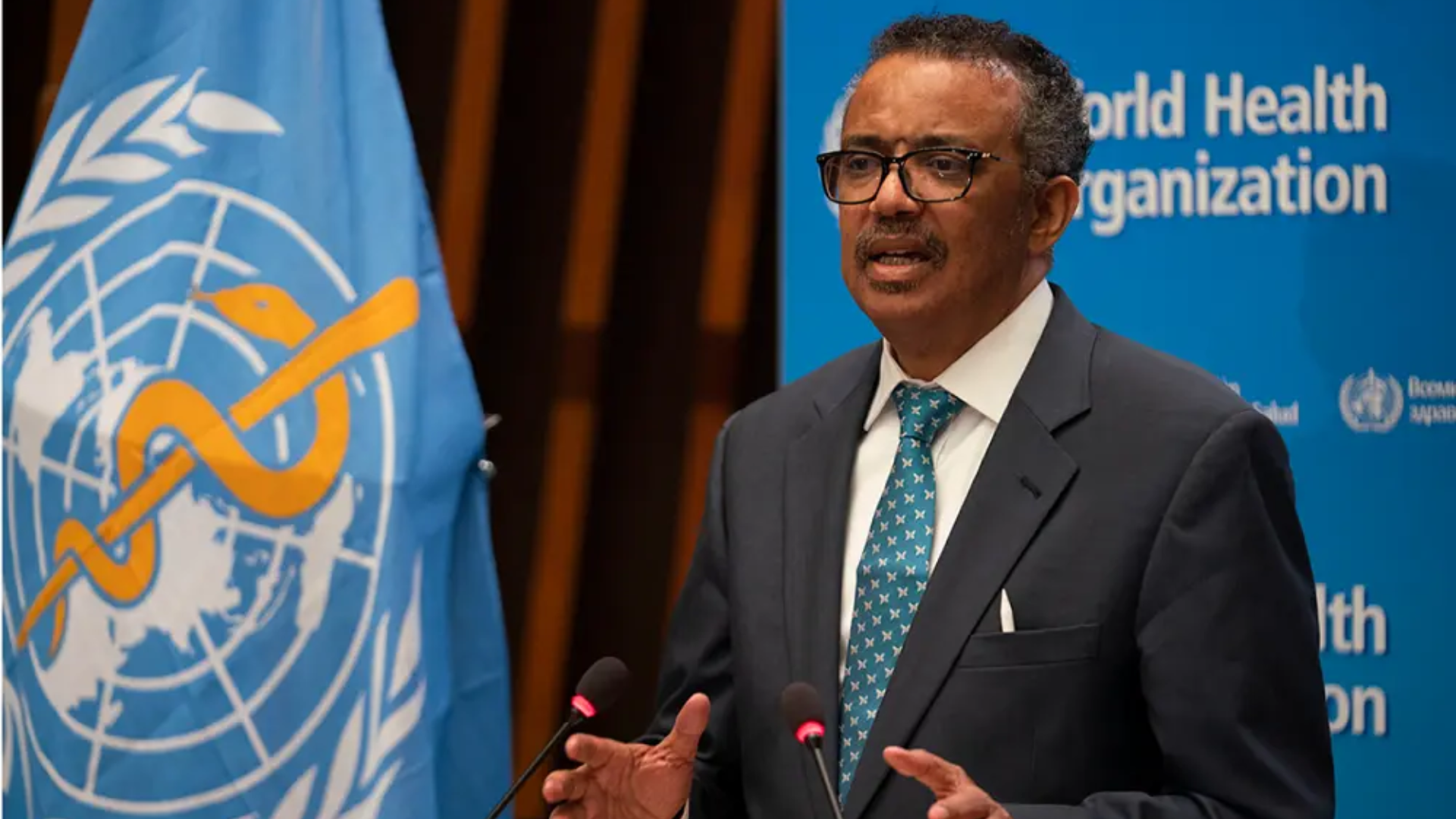
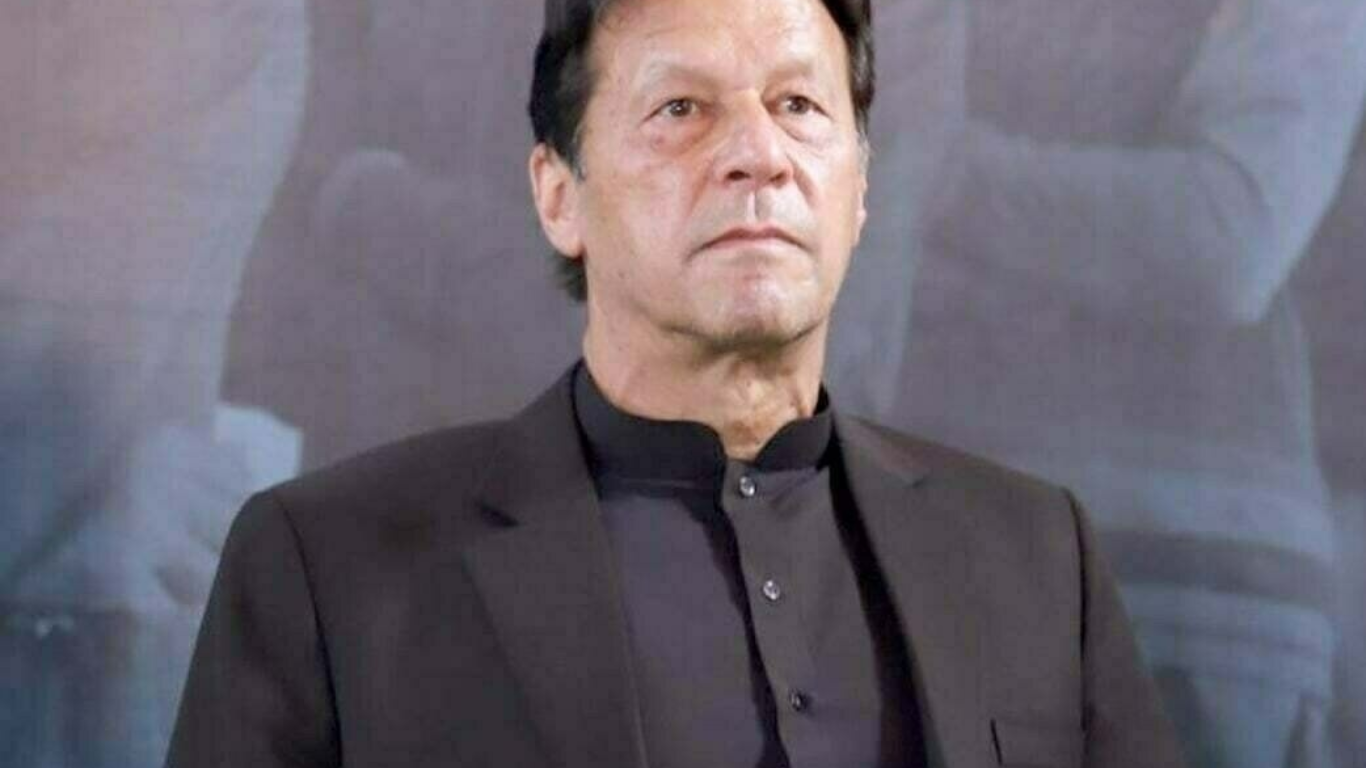
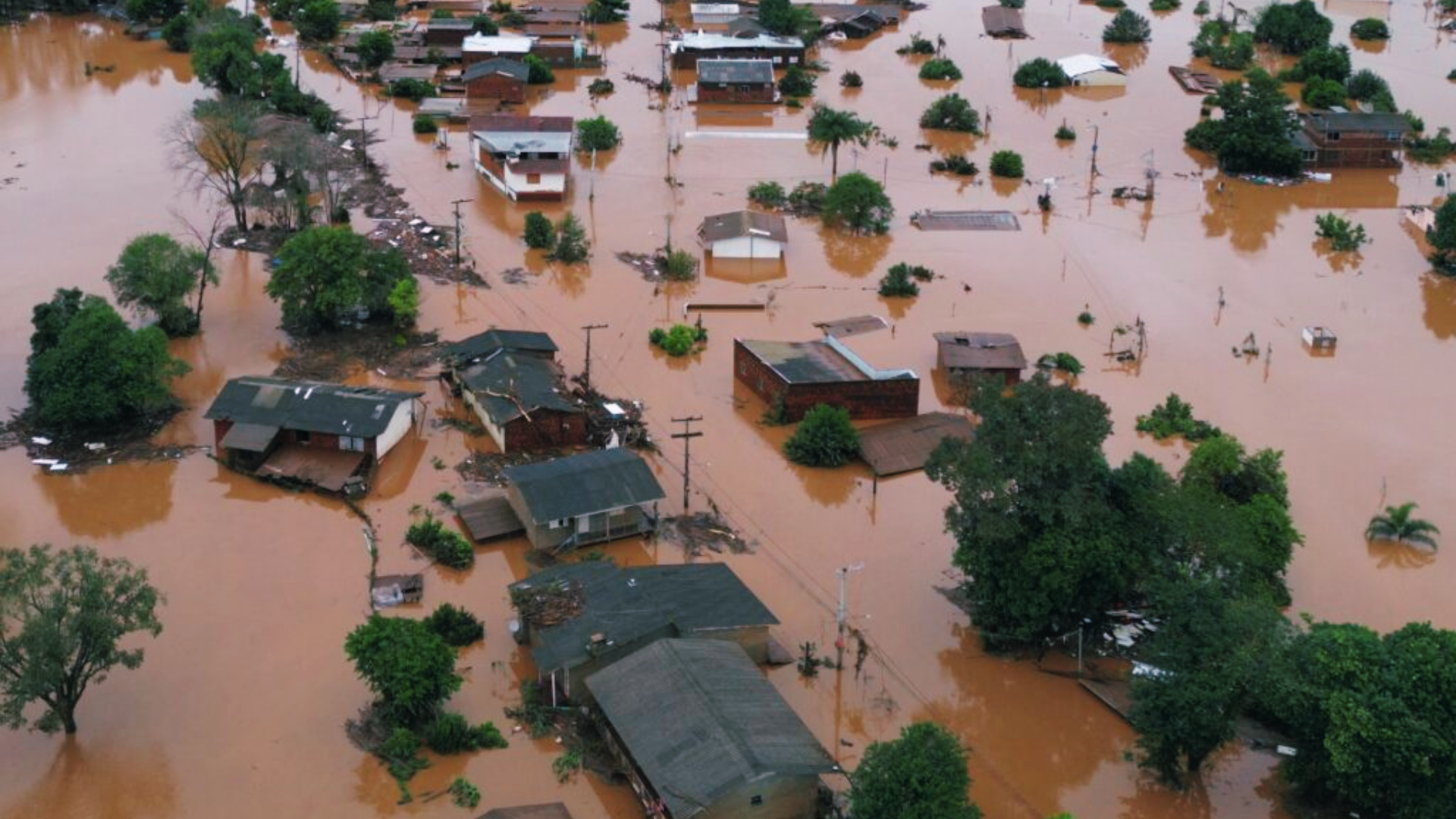
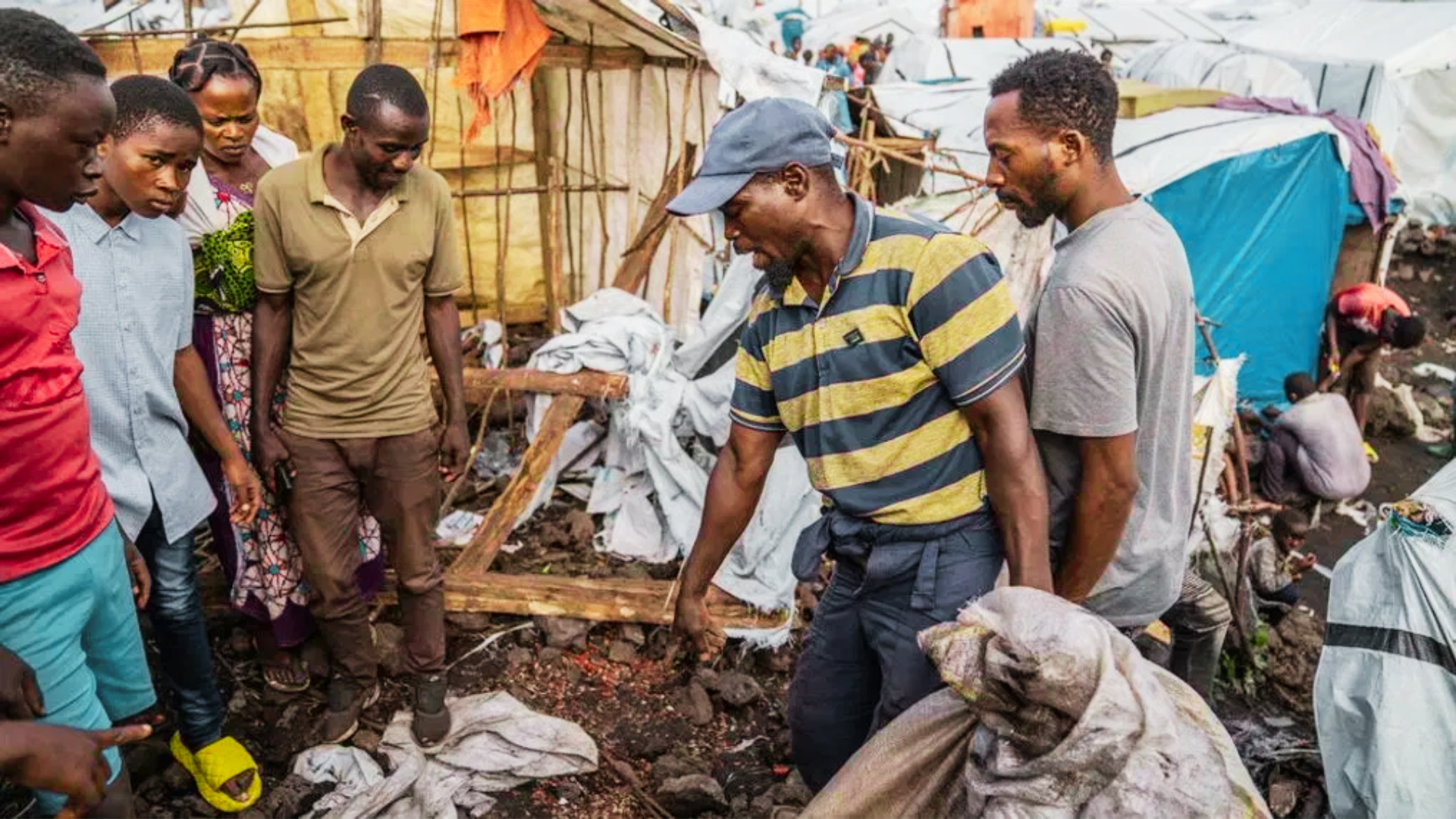

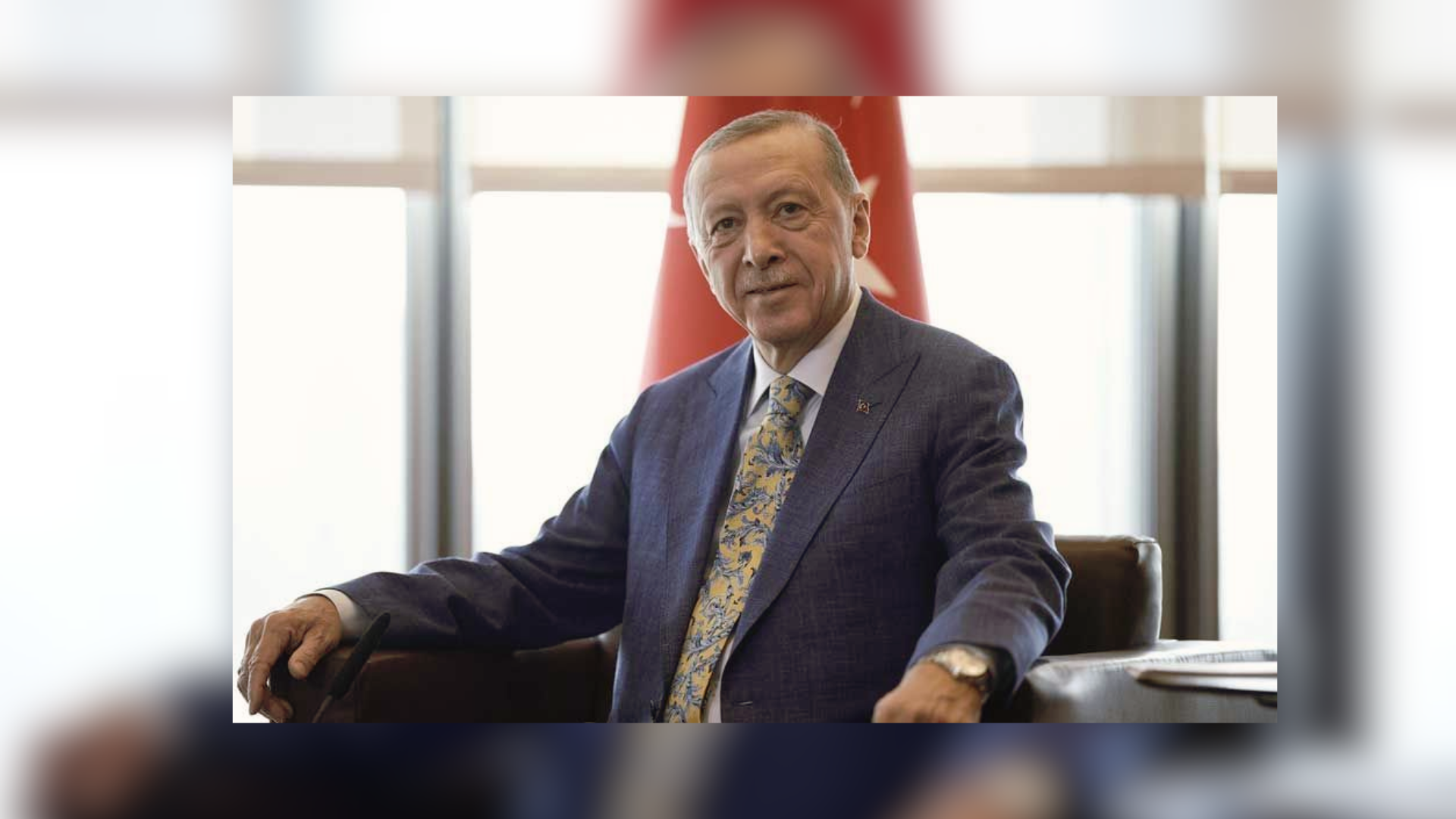
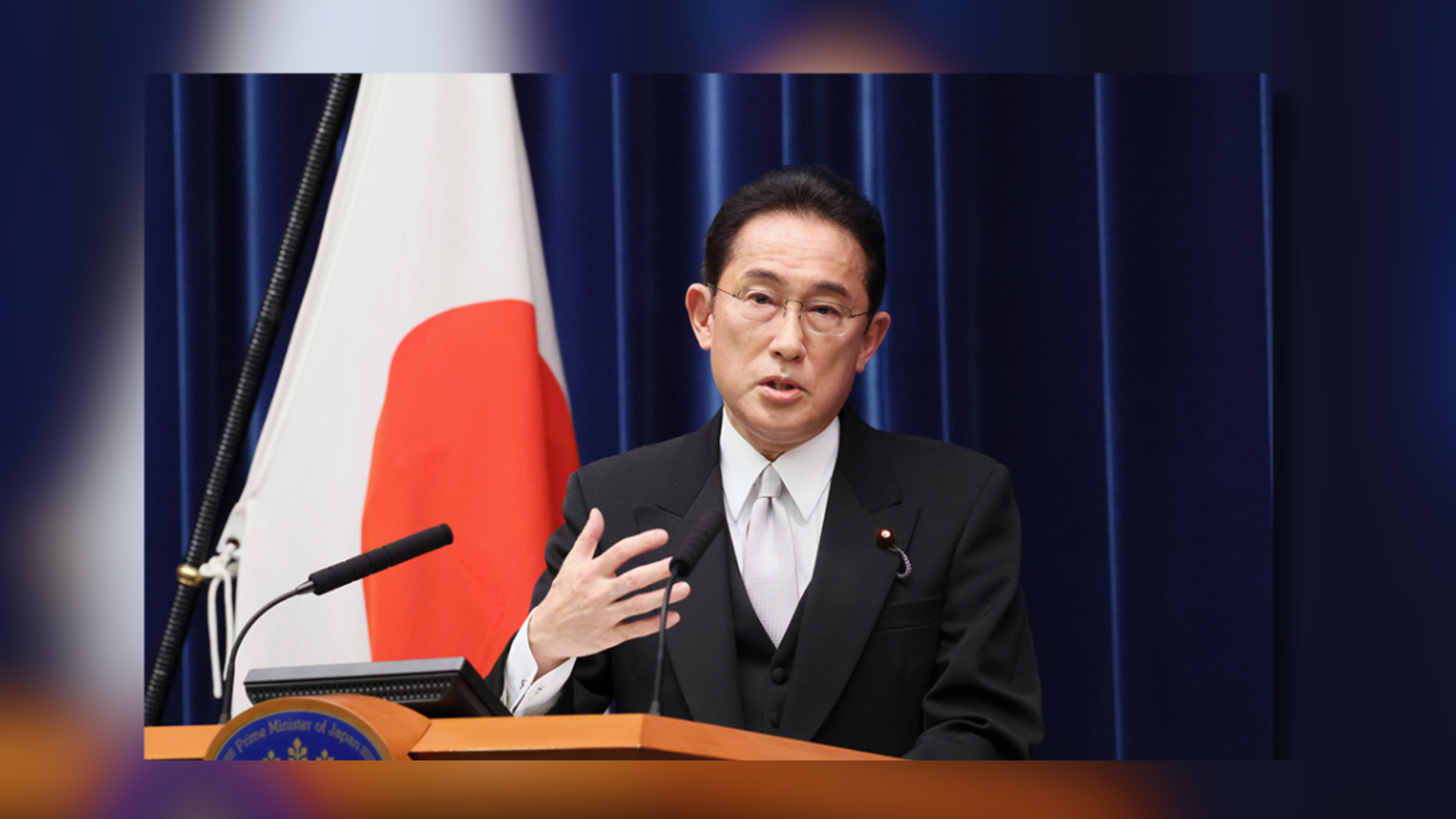
In a signal that concerns about the potential resurgence of Donald Trump aren’t limited to Europe, Japan’s Prime Minister Fumio Kishida delivered a straightforward message to Americans during his speech to the US Congress on Thursday: Don’t doubt yourself and your global role, the world needs you.
During the third day of his state visit to Washington DC, following the announcement of a major enhancement to the security alliance between Japan and the US, Kishida took the opportunity on Capitol Hill to speak directly to House Republicans and the growing isolationist demographic beyond. He depicted a global landscape where American leadership was crucial in addressing both longstanding and emerging challenges, particularly those stemming from China and Russia. In this endeavor, he reassured the US that it wasn’t facing these challenges alone, emphasizing that Japan, now more attuned to its security responsibilities, stood ready to be an engaged partner.
“The US shaped the international order in the postwar world through economic, diplomatic, military and technological power. It championed freedom and democracy. It encouraged the stability and prosperity of nations, including Japan….The world needs the US to continue playing this pivotal role in the affairs of the nation. And yet, I detect an undercurrent of self doubt among some Americans about what your role in the world should be,” Kishida said.
The Japanese Prime Minister cautioned against this self-doubt, noting that it was emerging at a critical juncture in history. He highlighted several ongoing transformations, including threats to freedom and democracy, the climate emergency, the ascendance of artificial intelligence, and the increasing influence of the global south.
However, Kishida’s primary emphasis was on the present geopolitical situation. He informed Senators and representatives about China’s “current external stance and military actions” presented an “unprecedented and the greatest strategic challenge” posing a threat to Japan’s peace and security as well as to the peace and stability of the global community.
“While such a challenge from China continues, our commitment to upholding a free and open international order based on the rule of law, as well as peace, will continue to be the defining agenda going forward.”
READ MORE
Kishida also addressed Ukraine at length, particularly mindful of the faction of Republicans in the House who have hindered the passage of a new security aid package for Kyiv “As I often say, Ukraine of today may be East Asia of tomorrow,” Kishida cautioned the US, hinting at how closely China was observing the developments in Ukraine and could draw lessons for its own aggressive intentions.
Kishida then shifted his focus to the broader American populace, expressing a desire to acknowledge the feelings of “loneliness and exhaustion” that come with being the nation primarily responsible for upholding the international order “almost single-handedly”. He emphasized that while the US couldn’t shoulder this responsibility alone, its leadership remained crucial and irreplaceable.
“Without US support, how long before the hope of Ukraine would collapse under the onslaught from Moscow? Without the presence of the US, how long before Indo-Pacific would face even harsher realities?,” Kishida said, adding that as America’s closest friend, Japan would stand alongside the US for the “survival of liberty”.
In an indirect recognition of critics within the American political sphere who faulted allies for not contributing enough, Kishida stated that Japan had undergone a transformation. “Japan has transformed its national security strategy. Uncertainty about the future stability of the Indo-Pacific region caused us to change our policies and mindset,” the PM said.
He highlighted Japan’s actions, such as increasing its defense budget to 2% of GDP, acquiring counterstrike capabilities, enhancing cybersecurity, imposing sanctions on Russia, providing $12 billion in aid to Ukraine, hosting a conference for its economic growth, collaborating with NATO, and becoming America’s “global partner.” Additionally, he mentioned Japan’s involvement in the Quad with Australia and India, as well as unveiling new trilateral arrangements with both the US and South Korea, and the US and the Philippines. Kishida informed American lawmakers that these initiatives had established a “multilayered regional framework” and emphasized the necessity of strong bipartisan support.
ALSO READ



